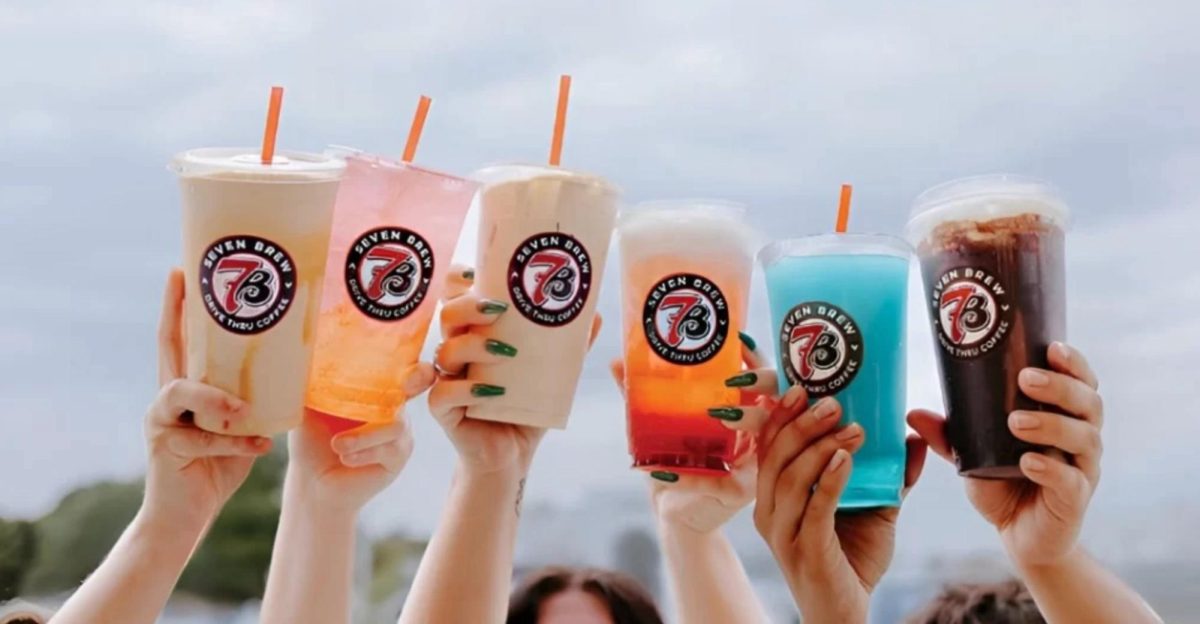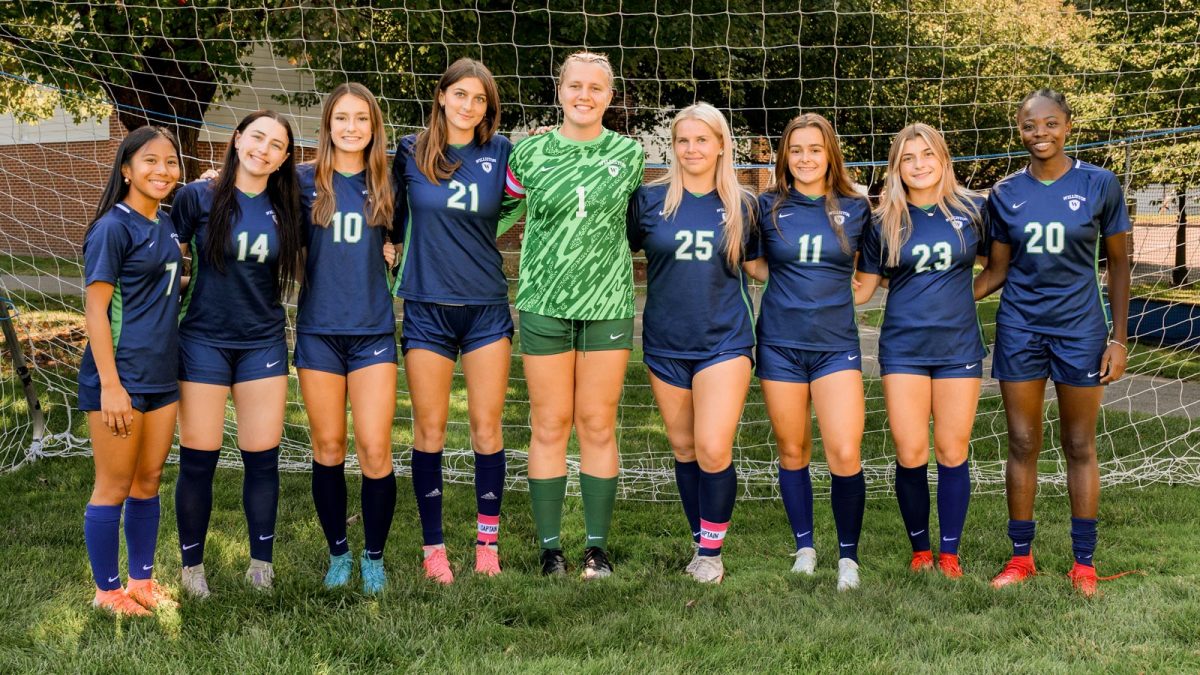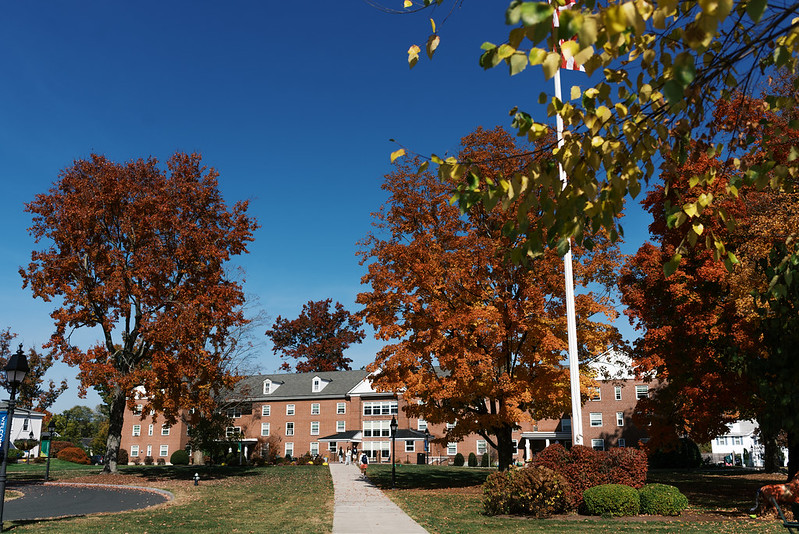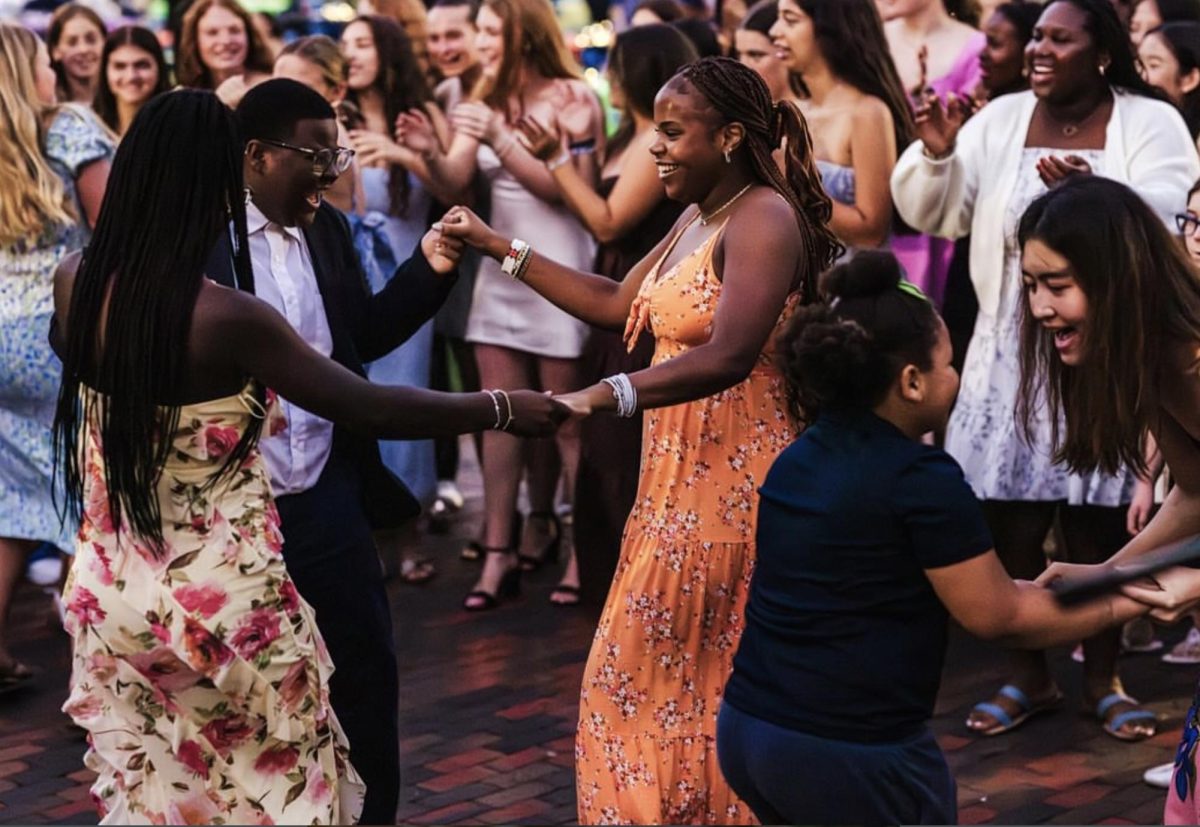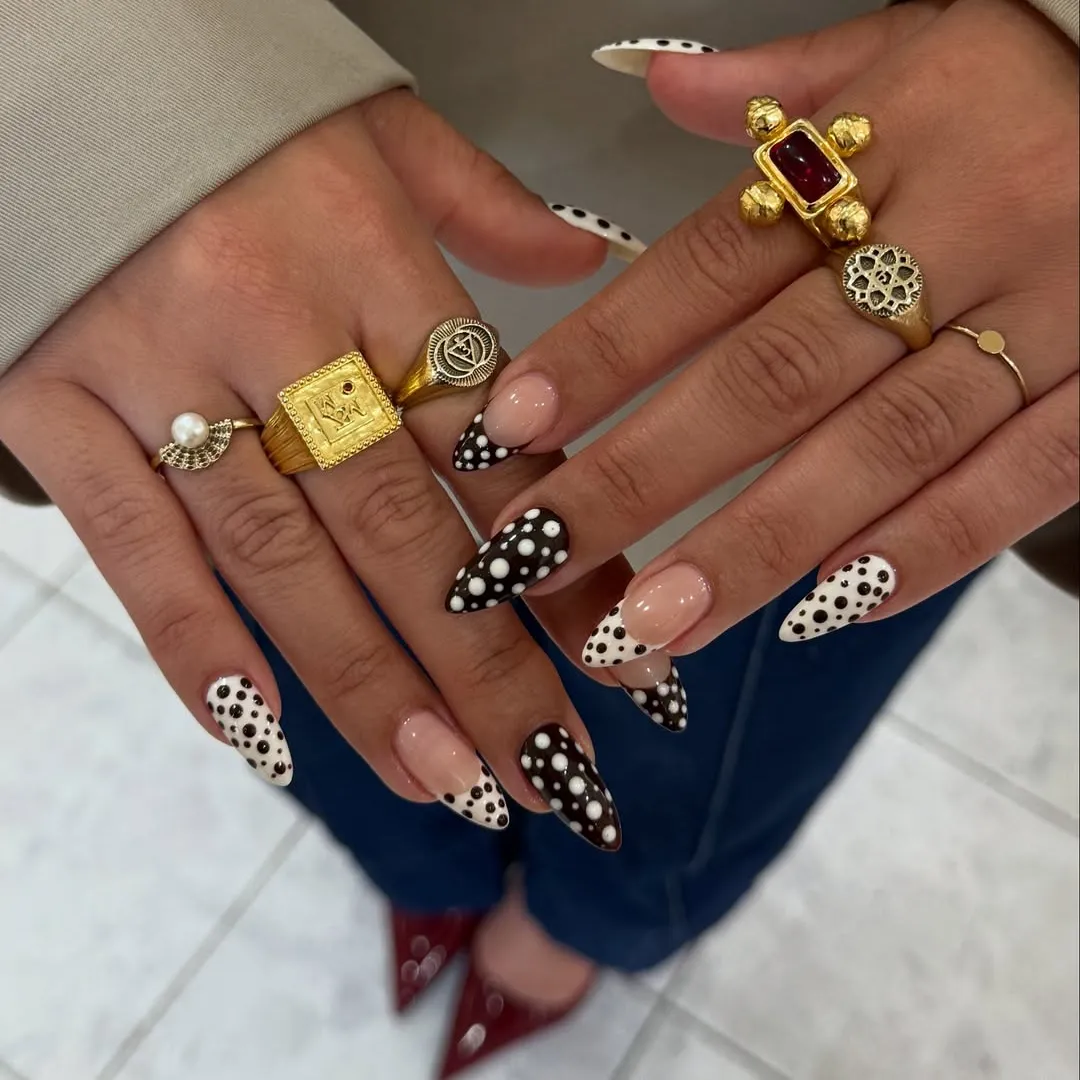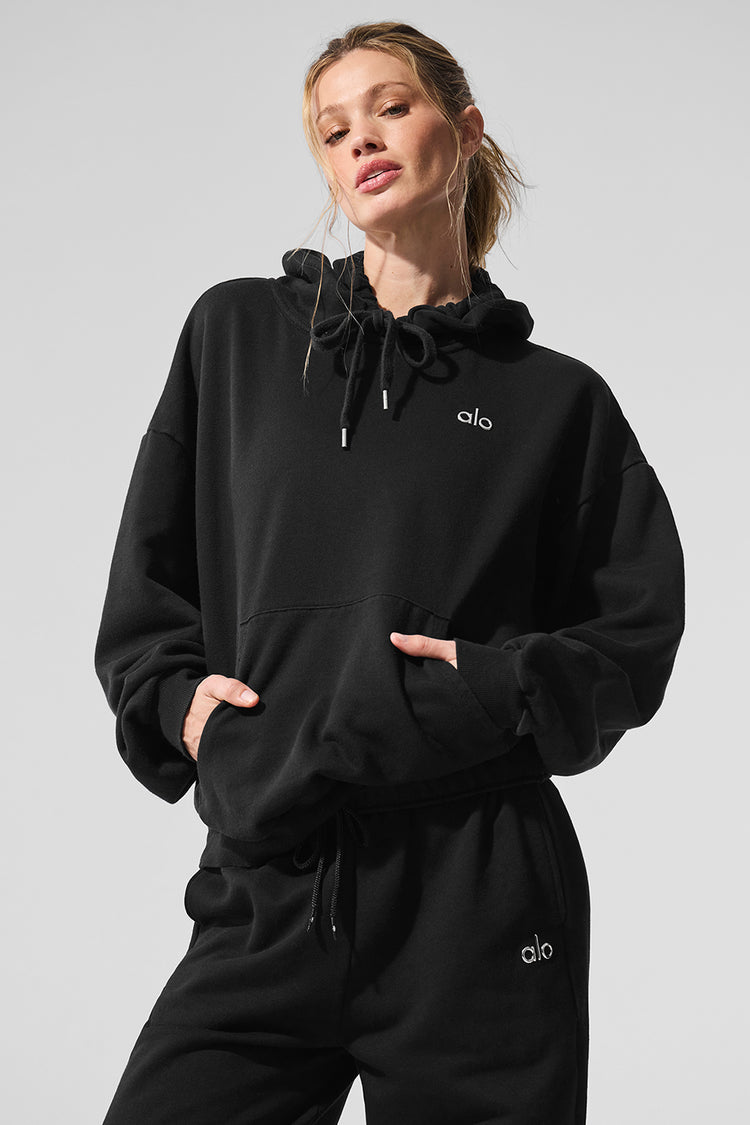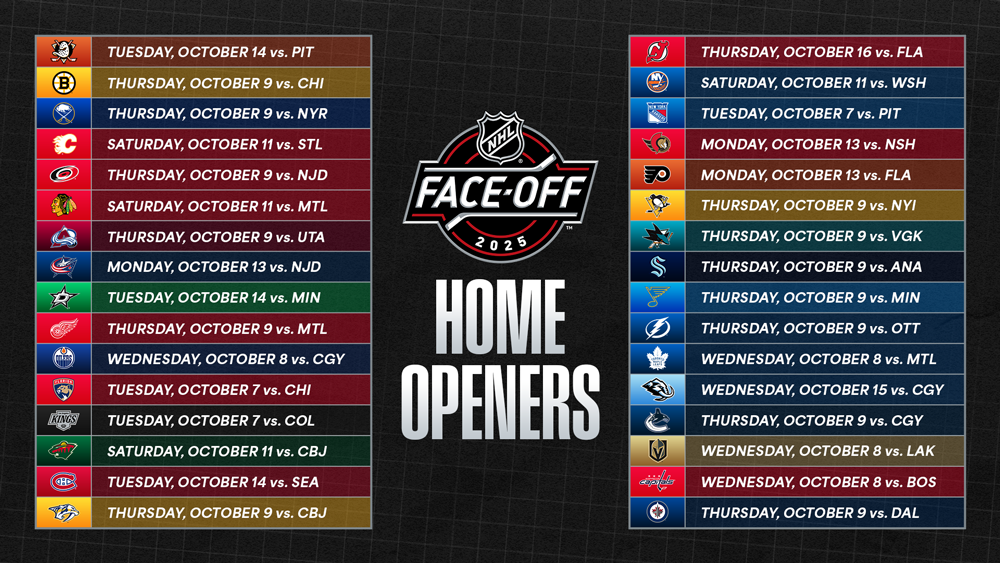Younger generations are making strides, changing the definition of what it means to run.
You’ll see them everywhere from social media to the bike path, the young, Hoka sneaker-wearing, teens and young adults running. Often on social media these runner influencers count their daily miles with Taylor Swift music in the background, record running “get ready with me” videos and recite inspirational quotes like “Find your pace” and “It doesn’t matter your speed, it matters that you’re happy.” They’re inspiring the switch of running from a form of punishment into a positive, fulfilling, action for younger generations.
Running popularity has always ebbed and flowed yet due to significant factors like Covid, during which many took to the streets to destress and get exercise without going into gyms. According to the running tracking app Strava, the spike in runners occurred in the young-adult age group, as “women under 25 are reportedly the fastest-growing community on the app, and the most likely age group to be tracking their runs.”
The growth of running clubs has also influenced many to create a community of runners and friends.
According to Dazed, a British lifestyle magazine, “Google Trends shows that the term ‘run club’ has been steadily growing in searches in the UK over the last five years.”
The growth of running is majority led by young adults, and many races and running organizations have seen a jump in participation from this group.
A study done by the research and consulting site Nielsen Sports, in April of 2021, on recreational running and consumer research discovered that “those aged 25-34 are most likely to feel passionate about running” with 44% writing that it was an integral part of their identity.
CBC Canada, a news site, also found that this growth in young adult running proved significant.
“Much of the growth is being driven by young adults in their 20s and 30s,” said CBC. “Both Athletics Ontario and the Running Room, which sponsors and organizes races across Canada, said this age group is their fastest-growing demographic, while Strava, the popular running app, says its largest share of new users now come from Gen Z.”
CBC Canada, in an interview, additionally credited Covid for the increase of young adult runners.
“The experience of sitting at home during the pandemic also left people fed up with online life and hungry for community,” said Preston, with Athletics Ontario, “which primed them to seek out local groups.”
The Nielsen Sports study furthermore highlighted this effect observing that. “13% of all runners started since April 2020, and 9% say that COVID–19 played at least some part in their decision.”
Nielsen Sports went on to write that the group caused by COVID-19 to start running “intended to carry on running once the pandemic is over… and more than 22% wrote that they run more often than they did previously as a result of COVID–19.”
Molly Hoyt, a Union College cross country and track alum, and program director for Girls on The Run, a non-profit organization that aims to teach emotional learning skills while also incorporating physical exercise into young girls’ lives, believes that running not only benefits people physically but also mentally.
“It allows kids to connect in a real way, in real-time, and it provides them with a lifelong skill that can help them everywhere,” she said. “Running helps with physical and mental health, and the whole idea of movement is so beneficial… it can only positively affect you.”
[Editor’s Note: Hoyt is the author’s mother.]
Many people also join running clubs as a way to connect socially while also keeping accountability.
“Those who join are finding not only health benefits — it’s easier to stick to a running regimen when you have people holding you accountable and helping the miles pass faster — but social ones,” wrote The New York Times. “They are meeting best friends, neighbors, activity partners, even future spouses through the clubs.”
Like many of the people in running clubs, Molly agrees that the beautiful thing about running is the connections you make.
“I love running with other people I think it is a great way to build relationships because people are more honest when running, and I think it can bring about honest relationships and deeper connections,” she said
The introduction of running clubs, many of which have specialized characteristics, has likewise grown and the strengthened the running community.
“Today’s running clubs are becoming increasingly diverse,” said CBC Canada “and it’s easier than ever for people to find one that suits their goal. It’s not really about performance — it’s really about being out there with a bunch of people, like-minded people.”
Molly also thinks that running teaches young people to push through hardships and gives many people immense grit.
“I like the life lessons that running gives you, not every run is great but you’re always pushing for those good days, in life after bad days you want the good days, you want to keep pushing forward,” she said.







